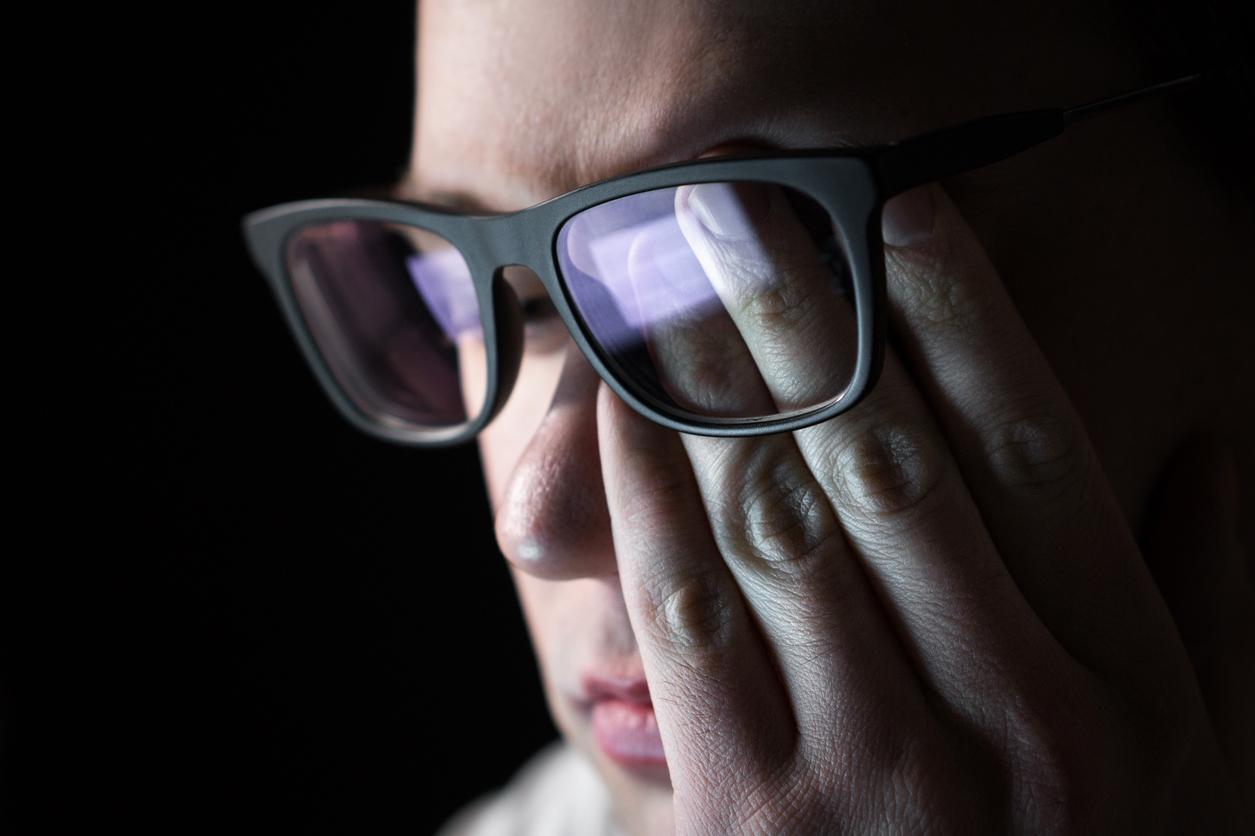The magazine 60 million consumers publishes an analysis on a series of common medications. Some of them can harm the quality of our sleep.

- The magazine 60 million consumers publishes a report on medications harmful to sleep.
- Some can delay falling asleep, others trigger drowsiness or even cause nightmares.
- No long-term treatment should be stopped without medical advice.
Do you feel tired? If so, the explanation may be hiding in your medicine cabinet. The magazine 60 million consumers warns of the effects of certain medications on our sleep. In a guide published on December 30, the publication takes stock of these treatments, which are harmful to our nights.
???? Some #drugsover the counter or on prescription, can prevent you from sleeping well: do you know them?https://t.co/zKzfIWSR7x
— 60 Million Consumers (@60millions) December 30, 2024
Sleep and medication: sometimes little-known effects
“Even if they do not specifically target sleep mechanisms, certain treatments alter its duration and/or quality, warns 60 million consumers. They can cause difficulty falling asleep, nighttime awakenings or nightmares, for example, or, on the contrary, increase sleepiness and loss of alertness during the day.” Some of these medications are common and sold without a prescription. On the other hand, others are prescribed by a doctor over a long period of time. For these, 60 million consumers call for caution: “do not stop it or change the doses of the medication without first talking to your doctor! He may possibly consider staggering the taking of your medication during the day or trying another molecule.”
What medications are potentially harmful to our sleep?
Eight classes of medications are listed in this guide: all of them can have consequences on our sleep or our fatigue in general. Anxiolytics, for example, are prescribed to treat anxiety and anxiety disorders. They can cause drowsiness and muscle weakness. The benzodiazepine family, including lorazepam, diazepam and alprazolam, have the most significant effects. For some people, this type of treatment can also worsen sleep apnea or trigger restlessness, which can cause fatigue.
As for anti-depressants, they can accentuate restless legs syndrome: a disorder marked by tingling and “impatience” in the lower limbs. The magazine also cites antidiabetics: they are likely to cause muscle weakness and trigger physical fatigue. People with hypertension or glaucoma, treated with beta-blockers or anti-hypertensives, may suffer from trouble falling asleep or frequent nightmares. Medications for Parkinson’s disease sometimes act as stimulants. Those prescribed for epilepsy or ADHD are also associated with sleep disturbances and cause drowsiness.

Insomnia, drowsiness: common medications can cause these effects
Furthermore, other, more common medications are associated with sleep disturbances. Thus, antiallergic medications can make you drowsy. Nasal decongestants are sometimes responsible for dizziness, dizziness or even drowsiness. Pain relievers, such as ibuprofen, can trigger fatigue. Conversely, oral anti-inflammatories, such as corticosteroids, stimulate the body, which can make it difficult to fall asleep. 60 million consumers also cite nicotine substitutes or medications for motion sickness. If in doubt, it is important to speak to a pharmacist or doctor.















